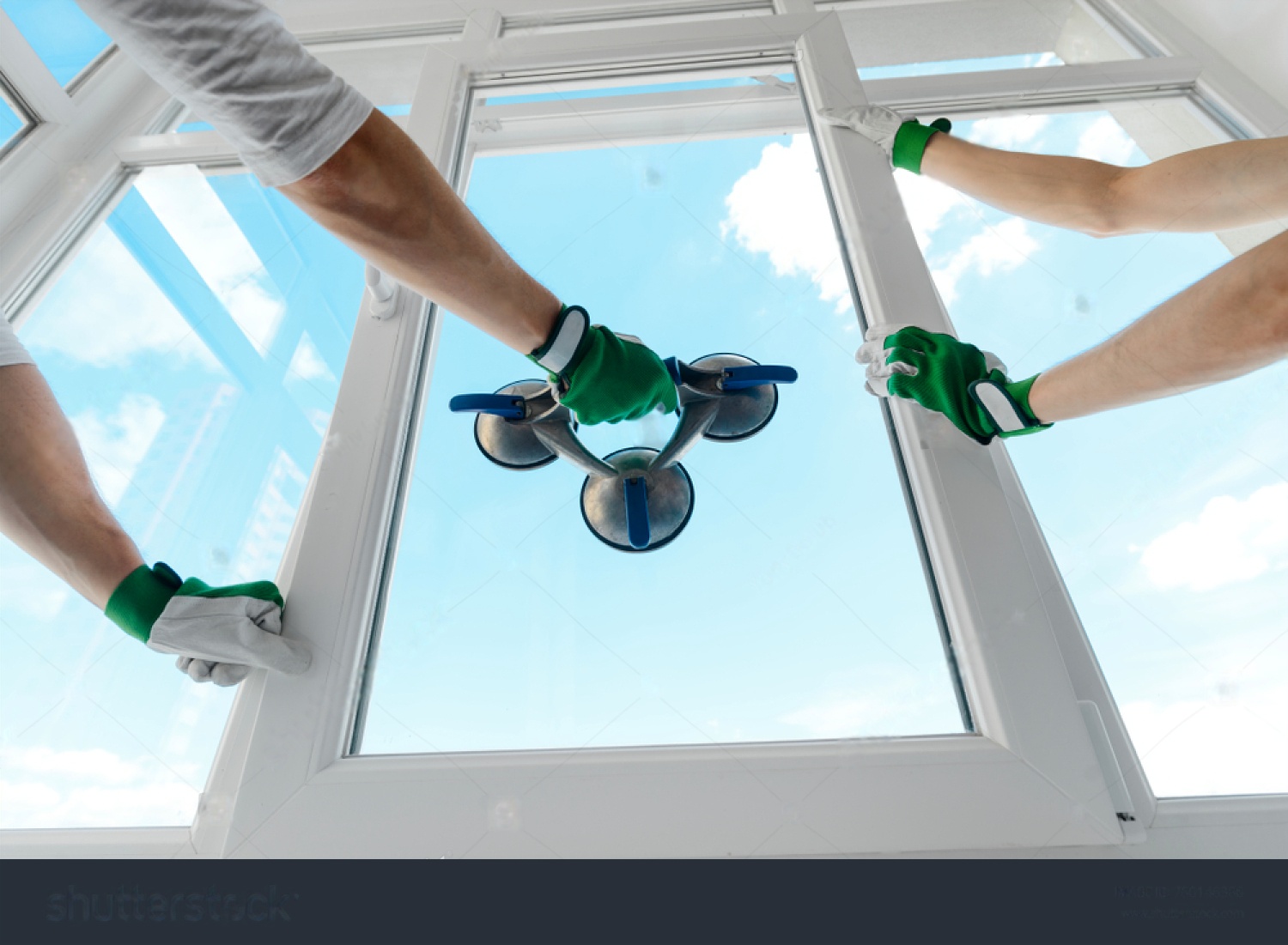There’s a rising trend in home improvement that focuses not just on aesthetics, but on durability and functionality as well. Today, we’re going to dive deep into the world of Epoxy Floors. Are they worth the hype? What are the benefits and drawbacks of epoxy flooring? This comprehensive guide will answer all your questions and more.
What are Epoxy Floors?
Epoxy floors are a type of flooring that uses a combination of resins and hardeners to create a hard, durable surface. Once mixed, the epoxy resin and hardener react chemically to form a rigid, plastic-like material. This material bonds extremely well to its substrate, creating a seamless, resistant, and highly durable floor.
Epoxy Coating: The Beauty Beneath the Surface
The beauty of the epoxy coating goes much deeper than just the glossy, reflective surface. This coating is resistant to wear, impact, chemicals, and heat. It can be personalized with colors, patterns, or even metallic effects, offering a design flexibility that’s hard to find in other flooring options. Moreover, it’s easy to maintain and clean, making it ideal for a variety of residential applications.
The Benefits of Epoxy Flooring
The list of benefits when it comes to epoxy flooring is extensive. Firstly, it’s incredibly durable and long-lasting, able to withstand heavy foot traffic and machinery without showing signs of wear or damage. Secondly, it’s resistant to most types of damages, including stains, chemicals, and heat. It’s also versatile and customizable, able to complement any home design. Lastly, it’s easy to clean and maintain, which makes it perfect for busy households.
The Epoxy Edge in Home Improvement
Epoxy flooring offers an edge in home improvement that few other flooring options can compete with. Its durability means it’s a long-term investment that will last for years. Its ability to withstand various forms of damage makes it a practical choice, especially in high-traffic areas or for homes with pets and children. Its customizable nature allows homeowners to create a unique look that fits their personal style. And, the ease of maintenance reduces the time and effort needed for regular cleaning and upkeep.

The Drawbacks of Epoxy Flooring
Despite the many advantages, epoxy flooring does have some drawbacks. Installation can be tricky and is best left to professionals, which can increase the cost. It’s also a time-consuming process, with the floor needing to cure for several days before it can be walked on. Additionally, epoxy floors can be slippery when wet, making them a potential hazard. Lastly, while they are extremely durable, they are not indestructible, and heavy impacts can cause the surface to crack.
Understanding Epoxy Floors
Epoxy floors are created by applying a layer of epoxy resin over a concrete floor. The result is a glossy, high-performance surface that can withstand heavy traffic and is easy to clean. They’ve been widely used in industrial and commercial settings, but their unique benefits have been driving their popularity in residential settings too.
The Pros of Epoxy Floors
– Durability: One of the main advantages of epoxy floors is their durability. They are resistant to impacts, stains, and cracks, making them ideal for high-traffic areas of your home.
– Aesthetics: Epoxy floors can be customized to your aesthetic preferences. They come in different colors and patterns, and you can even incorporate logos or other designs.
– Cost-effectiveness: While the initial installation cost may be higher than other flooring options, the long lifespan and low maintenance needs make epoxy floors a cost-effective choice in the long run.
– Easy Maintenance: These floors are easy to clean and require minimal upkeep. They are resistant to dust and dirt, and spills can be easily wiped away.
The Cons of Epoxy Floors
– Installation Process: The installation process can be time-consuming and requires a professional touch. Any errors can lead to bubbles or peeling, which can be costly to fix.
– Cold and Hard Surface: Epoxy floors can be hard underfoot and can feel cold, which may not be suitable for all homeowners.
– Slippery When Wet: While epoxy floors are generally non-slip, they can become slippery when wet, posing a risk if not promptly cleaned up.
Epoxy Floors in Different Home Spaces
Epoxy floors can be a good fit for various areas in your home. They’re a great choice for garages due to their durability and resistance to oil stains. In living areas, their aesthetics and easy maintenance make them a popular choice. They can also work well in kitchens and bathrooms, but the risk of them becoming slippery when wet should be considered.
Conclusion
Epoxy flooring offers a unique combination of durability, versatility, and aesthetic appeal, making it a popular choice in home improvement. However, it’s not without its drawbacks, and it’s important to weigh these against the benefits before making a decision. Whether or not epoxy flooring is the right choice for your home will depend on your specific needs, budget, and personal style preference. Nonetheless, it’s an option well worth considering for its unique blend of functionality and design.




